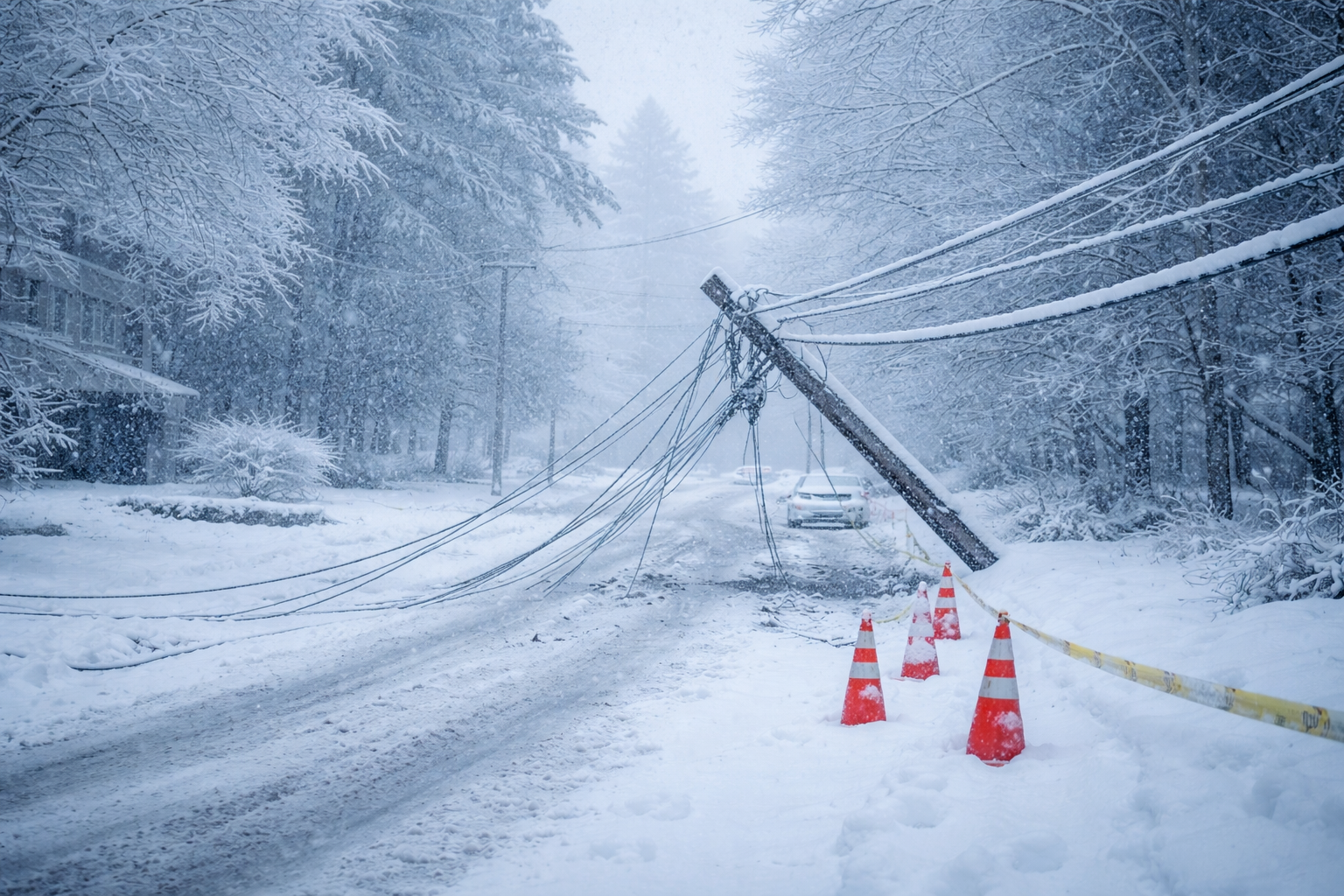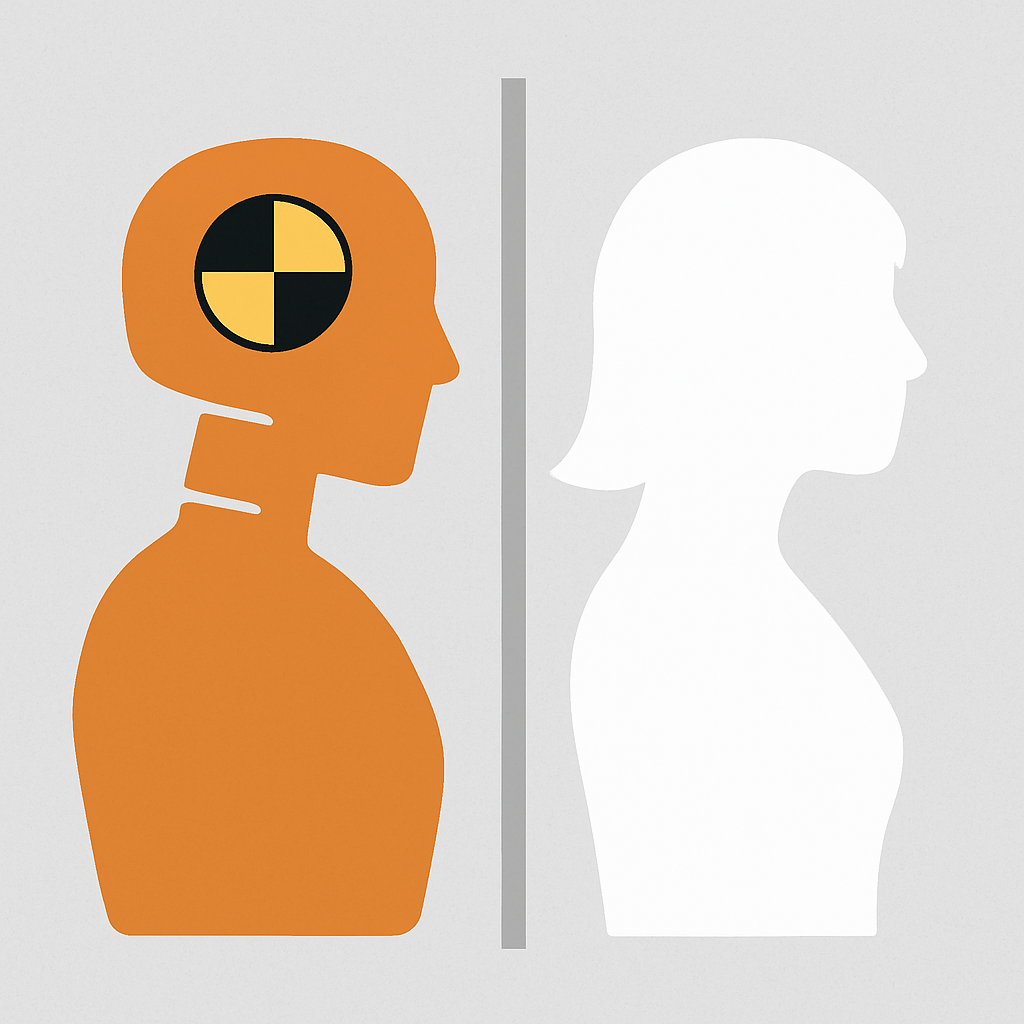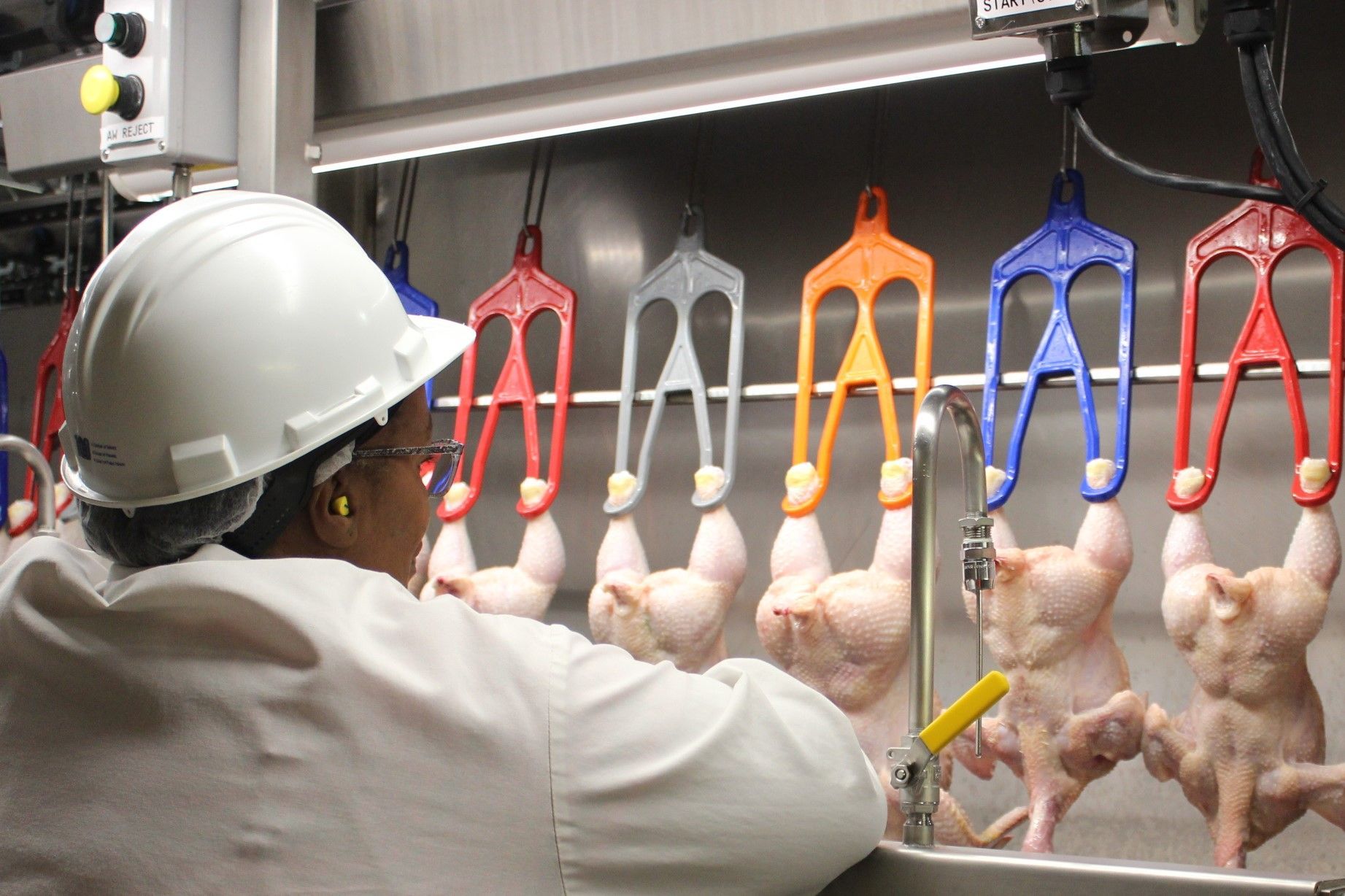E-Bikes and Their Lithium-Ion Batteries Are Leading Cause of NYC Fires
Since the pandemic, when E-Bikes first became a big deal in NYC, with almost everyone demanding that food, toilet paper and other products be brought to their doorsteps, E-Bikes have become one of the leading causes of fires in NYC. What are E-Bikes and why are they so dangerous. First of all, an E-Bike is an electric bicycle, typically powered by a lithium-ion battery, known mostly for its longevity, lasting typically ten times longer than lead-acid batteries, often exceeding 5 years.
Lithium-ion batteries are generally safe. If you follow proper storage, charging, and discarding procedures, they are unlikely to fail or catch fire. However, at least in NYC, where there are over 65,000 E-Bikes, mostly driven by food-delivery personnel working for companies such as Uber Eats or Grubhub, and even work commuters, that is not always the case.

According to the FDNY (Fire Department of New York), lithium-ion battery fires caused 270 fires, injured 150 people and killed 18 in 2023. And this year is not shaping up to be any better. As of Feb. 26, officials said there have been 31 fires related to the batteries, along with 36 injuries and one death. A fire in a Harlem apartment building, caused by a lithium-ion battery from an E-Bike, killed a 27-year old man and injured 30 people. The problem is not due to the battery itself, but to the replacement of original equipment from the battery manufacturer with used and/or second-hand batteries from bike and other dealers throughout the city, most of whom are unauthorized to sell such batteries. When charged, typically in the homes or apartments of the E-Bike owners, a deadly fire can occur.
The FDNY has run public service announcements warning people about the dangers of the batteries, especially those that aren’t certified and don’t meet safety standards. The smoke from these devices is so toxic that, if it reaches your apartment, you’re immediately overcome by the toxic gas. To combat the presence of the faulty batteries in the city, the FDNY’s Lithium-Ion Task Force carries out inspections throughout the five boroughs. But these warnings and inspections from FDNY are not being heeded by the drivers or the stores selling illicit batteries to them, thus necessitating legislation by the NYC Council and the Mayor's Office.

Although some in the city have called for an outright ban on storing E-Bikes in apartment buildings, the Mayor and City Council has opted instead for legislation calling for stricter regulations on E-Bikes and lithium-ion batteries sold in the city. The City Council has also introduced legislation to install safe charging stations and provide reduced-cost or free lithium-ion batteries that meet safety standards. FDNY Commissioner Laura Kavanagh vowed this month to continue cracking down on businesses that offer to replace individual battery cells from old ones, a fire code violation that creates what she called "Frankenstein Batteries".“They kill people, they have killed people and they will kill more people if businesses continue to operate in this manner,” Kavanagh said. But while New York has pushed businesses and consumers to follow new UL standards for the batteries, Flynn noted that there was little the city could do about older units coming in from other states that do not require such regulations. U.S. Rep. Ritchie Torres (D-NY), however, is pushing for a nationwide standard to help put an end to the “unprecedented crisis in fire safety.” “Poorly manufactured and poorly handled lithium-ion batteries are ticking time bombs in American homes and businesses,” Torres said during a congressional hearing mid-February urging passage of the Setting Consumer Standards For Lithium-ion Batteries Act.

Congressman Torres, it appears, has the support of fire chiefs around the country who are trying to inform and warn the public about how dangerous lithium-ion batteries can be. The situation is getting more and more deadly as fires occur, and they too believe that a Federal Safety Standard is absolutely needed for lithium-ion batteries. As the Warnings Doctor, I enthusiastically endorse such a standard, but until such a code is passed by Congress, I urge consumers NOT to charge or store their E-Bikes in their homes or apartments and to absolutely NOT purchase secondary-market or used batteries to replace their existing batteries when they no longer can sustain a charge. Only purchase replacement batteries from the original manufacturer.
THIS JUST IN: PUBLISHED March 13, 2024, DAILY NEWS
Lithium-ion e-bike battery sparks Bronx fire, dramatic escapes leaving 10 hurt
Check out my latest podcast "EXPOSED! An Exclusive Look Behind the Curtain of Corporate Greed"
Check out my book "Murder, Inc.: How Unregulated Industry Kills or Injures Thousands of Americans Every Year...And What You Can Do About It". Available in Hardcover, Paperback, Kindle & Audiobook on Amazon now.














